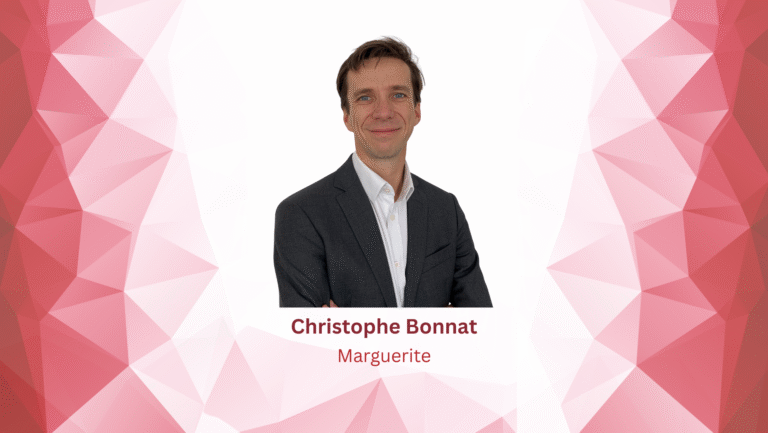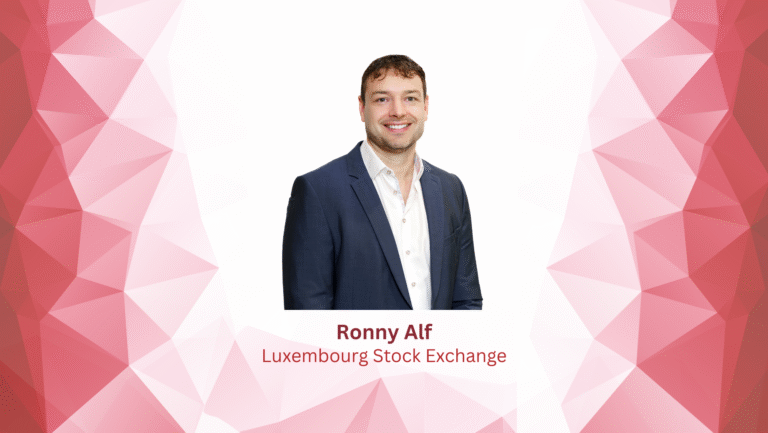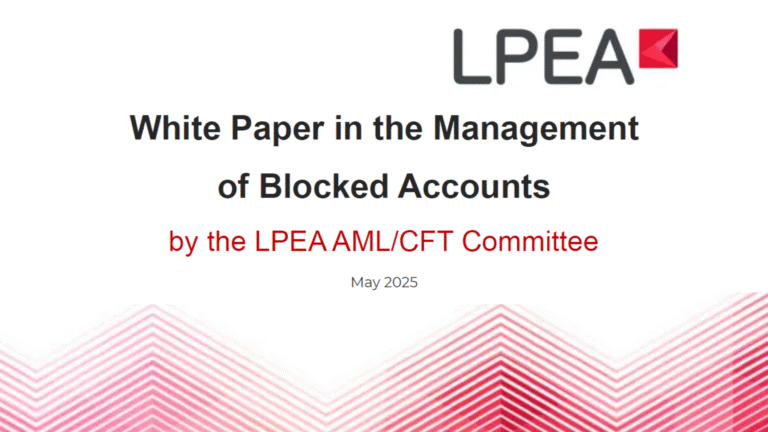By Christian Harz, CFA, Director at Golding Capital Partners and Lukas Eckhardt, Director at Golding Capital Partners as featured in Insight Out Magazine #25
Alternative investments are an important portfolio component for institutional investors and offer numerous advantages over traditional investments, not only in times of a global pandemic, economic uncertainties, volatile financial markets and low interest rates. These include significant diversification effects, stable performance and an attractive risk-return profile. In addition, alternative investments have proven in the past that they are among the most crisis-resistant investments.
Professor Oliver Gottschalg of the HEC School of Management Paris, in cooperation with Golding, has shown in a 2022 study that the excess return (alpha) of private market investments compared with similar transactions in the listed equity market is significantly positive in every market phase, but at 35.4 percent is by far the highest in crisis periods. Accordingly, Private Equity transactions achieve a significant alpha of 9.9 percent across all market phases compared with similar transactions on the stock market.
Institutional investors can use a combination of primaries, secondaries and co-investments to put together an individual portfolio of alternative assets and thus achieve optimised cash flow with attractive risk-adjusted returns. In this regard, fund-of-funds solutions facilitate a diversified investment in this alternative asset class.
Fund-of-funds are an opportunity to optimise the risk-return profile
A fund-of-funds is a pooled investment fund that invests in other types of funds. The main advantage of a fund-of-funds is broad diversification, which has been shown to significantly reduce the risk of loss and stabilise the portfolio performance. Broad risk diversification and thus overall low volatility of returns is achieved by investing in different regions, sectors, currencies and vintages. At the same time, the investment structure gives many investors who would not otherwise have the opportunity to invest in this asset class access to (usually restricted) alternative investments.
As important as alternative investments are, they are also complex. This means that the investments must be understood not only in a commercial sense, but also from a technical perspective. A professional and consistent fund selection process by an experienced fund-of-funds manager therefore also reduces the risk of selecting underperforming managers.
An experienced Alternative Investment Fund Manager (AIFM) such as Golding, whose services include portfolio, risk management and administration services offer investors the assurance that their investments are being optimally managed in all aspects.
“Funds-of-funds reduce the volatility of quarterly returns by around 90 per cent compared with individual investments.”
Quantification of the diversification effect
In a study conducted in June 2022, Golding quantified the diversification benefits of private market funds-of-funds over individual funds and direct investments. While it is immediately obvious that funds-of-funds can contribute to greater diversification and thus reduce portfolio risk, this effect has arguably never been quantified before on a larger scale and with statistical accuracy. Based on more than 100,000 data points from the years 2000 to 2021, the study measured both the short-term and long-term performance of investments over their entire lifetime, or more precisely, the quarterly return on investment and multiple of money (TVPI).
The short-term analysis of the buyout segment, for example, showed that funds-of-funds could significantly reduce downside risk. For example, with 15 percent of investments in portfolio companies, investors recorded negative quarterly returns of around -9 per cent or more. For individual funds, the risk was still -3 percent and for funds-of-funds only -2 percent. In more extreme scenarios, a fund-of-funds investment paid off even more.
In the long-term view based on the TVPI, the trends described are even more pronounced. While 25 percent of all observed investments in individual portfolio companies returned no more than the capital invested, with the same probability target fund investments delivered a multiple of money of up to 1.23 and up to 1.5 in the case of funds-of-funds. For five percent of the cases observed, investments in individual portfolio companies proved to be total losses, target fund investments sustained a loss with a TVPI of 0.8 and funds-of-funds, on the other hand, still generated a positive multiple of money of up to 1.15 in this quantile. A look at the distribution function of the observed data shows that the diversification of funds-of-funds strongly suppresses the variance of total returns and, in particular, significantly reduces the risk of loss. Since the underlying data also included active investments that may still have their maximum appreciation ahead of them, the actual statistics are expected to be even more significant.
For the infrastructure and private credit segments, the risk-return distributions are comparable. Compared with buyout, however, both segments are fundamentally lower-risk, so that the effect of risk reduction is less pronounced.
Diversification is key
In summary, the study shows that funds-of-funds reduce the volatility of quarterly returns by around 90 per cent compared with individual investments. In addition, it was shown that the vast majority of funds-of-funds generate positive returns over the long term, while a significant proportion of individual investments can prove to be loss making for investors.
In the current environment, which is characterised by uncertainties regarding the economy, monetary stability and geopolitical developments, there are thus strong arguments in favour of broadly diversified private market investments. In particular, risk-averse investors, who are increasingly turning to private markets due to the risk-return profile of liquid markets, can be helped by funds-of-funds to limit the risks associated with investments in illiquid or alternative asset classes.
The current environment certainly makes a case for alternative investments, since they can generate alpha compared with traditional investments and stabilise portfolios. Funds-of-funds are an appropriate vehicle for managing the risk associated with certain alternative investments.
Golding Capital Partners is one of Europe’s leading independent asset managers for alternative investments, focusing on the asset classes infrastructure, private credit, Private Equity, secondaries and impact. With a team of more than 180 professionals at its offices in Munich, London, Luxembourg, New York, Tokyo and Zurich, Golding helps institutional and professional investors to develop their investment strategy and manages more than €13 billion in assets. Golding has been active in Luxembourg since 2007. Since 2014, Golding Luxembourg has acted as the alternative investment fund manager (AIFM) for all Golding products and acts as the investment advisor for external accounts.




